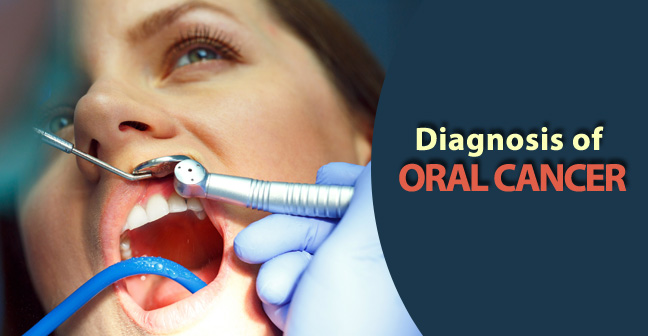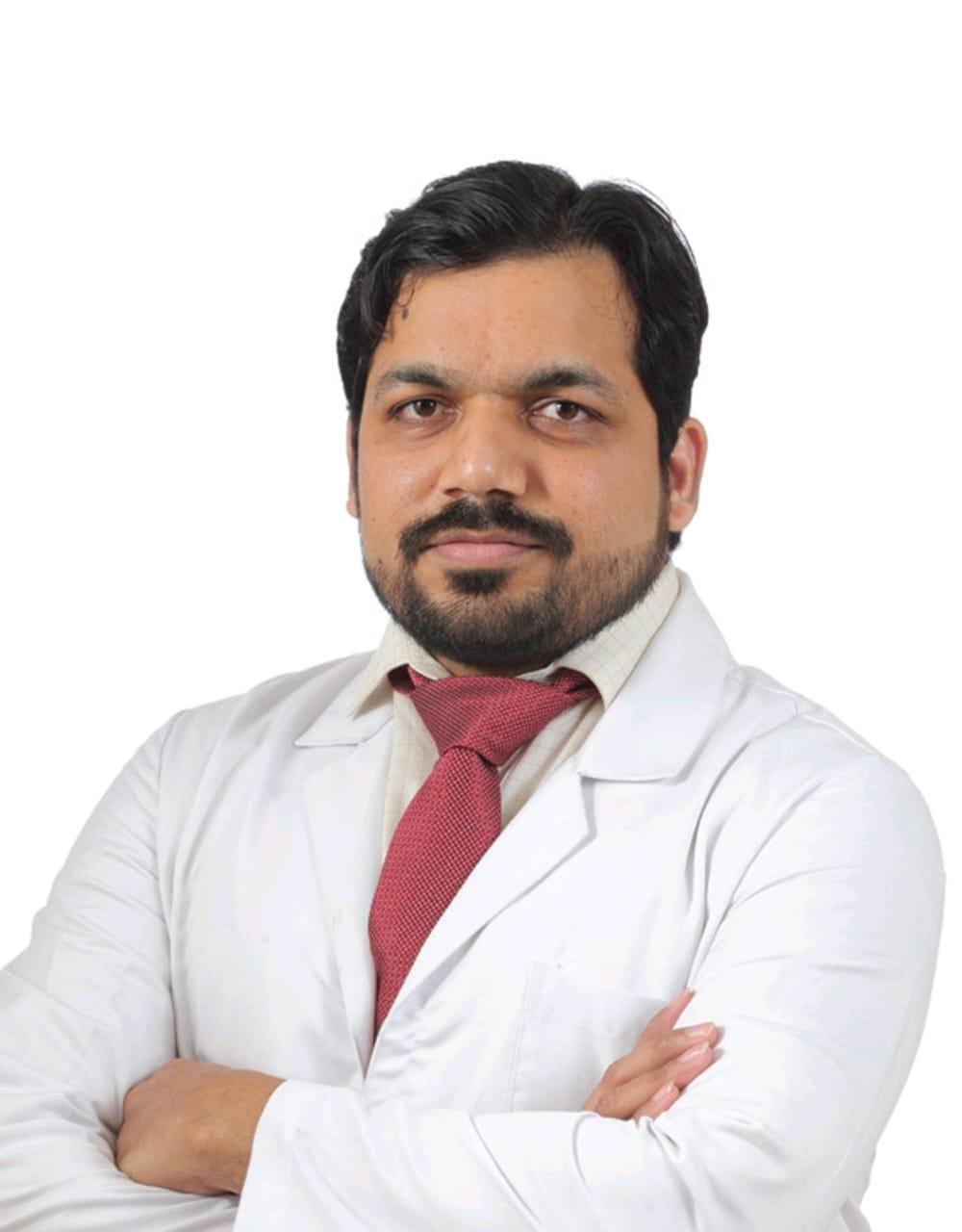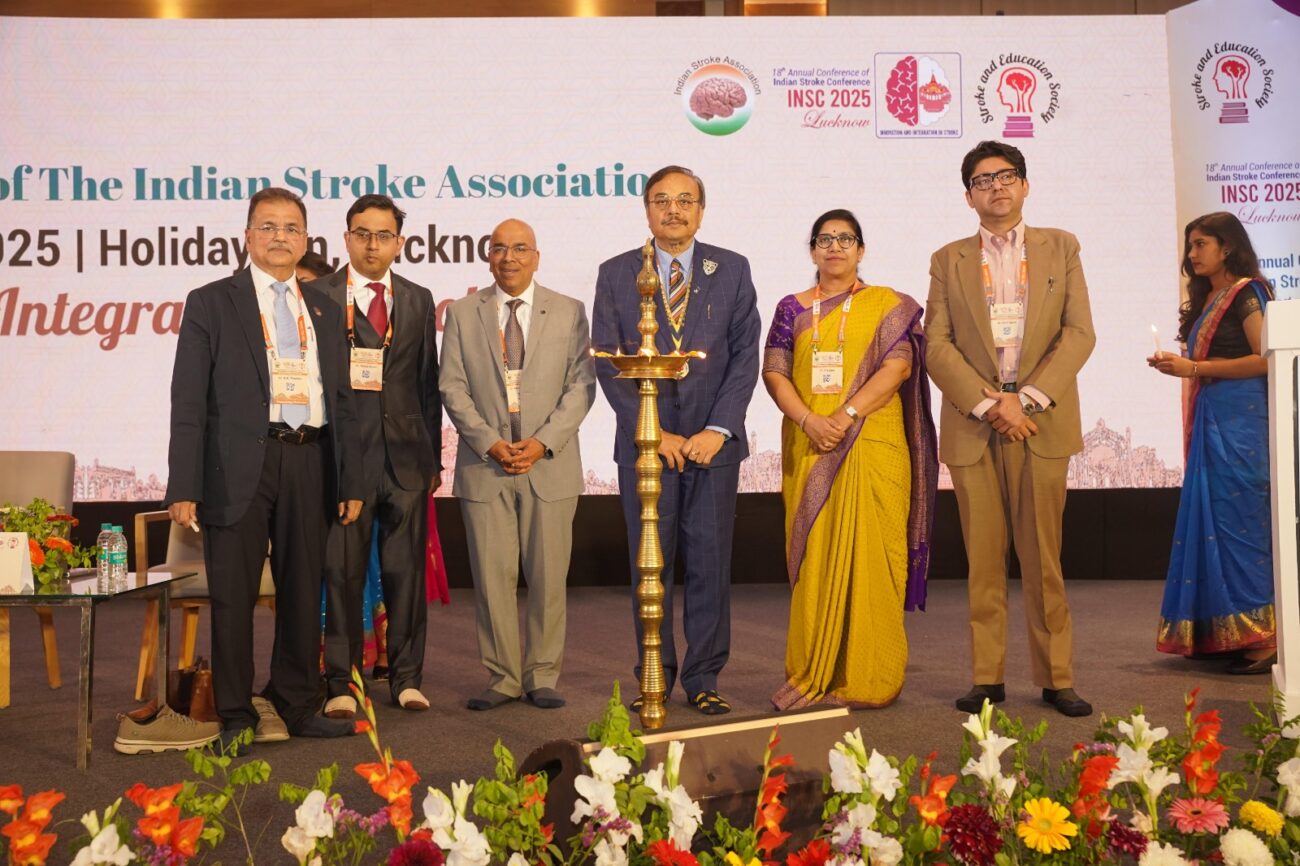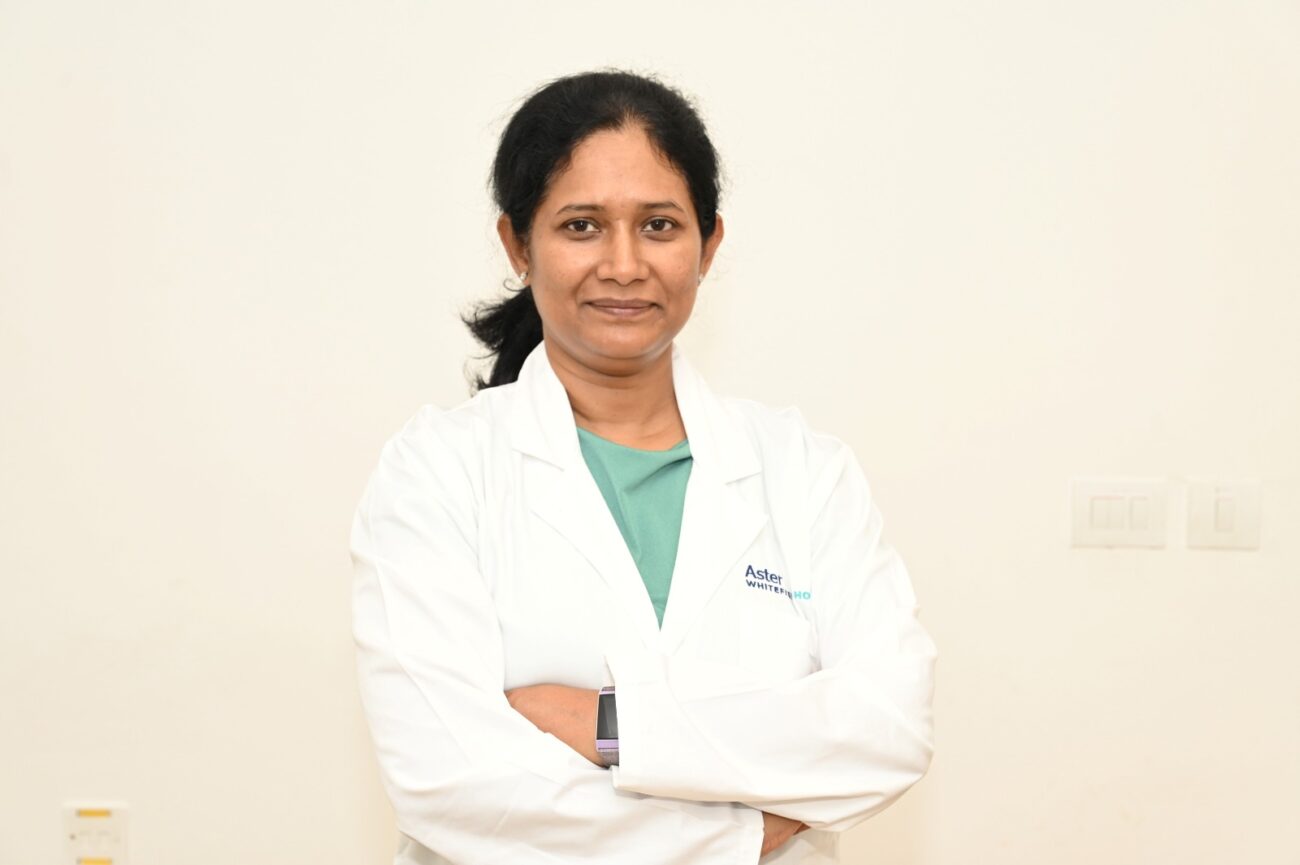Early Detection, Diagnosis and Staging of Oral Cancer
Dr. Rajeev Sharan- Senior Consultant and HOD, Head & Neck Surgical Oncology and Thyroid Surgery, HCG EKO Cancer Hospital, Kolkata Oral cancer, ranked among the top three common types of cancers in India, is a serious

Dr. Rajeev Sharan- Senior Consultant and HOD, Head & Neck Surgical Oncology and Thyroid Surgery, HCG EKO Cancer Hospital, Kolkata
Oral cancer, ranked among the top three common types of cancers in India, is a serious problem that continues to witness a rise amongst men, women and young adults alike. Listed as one of the most frequently affecting cancer among Indian men, oral cancer occurs in the mucosal lining of mouth. It belongs to head and neck cancer group and mostly occurs as squamous cell carcinoma of the gingivobuccal complex and tongue. Oral cancer can affect speech, swallowing, mobility of the tongue and mouth opening. If detected early at its onset, oral cancer can be treated with less aggressive treatment methods, increase the chance of survival and improve the quality of life. If screened at precancerous stage, oral cancer can be prevented altogether.
Symptoms of Oral Cancer
Identifying symptoms of oral cancer plays a significant role in early detection of the disease. Consult your doctor if there are lumps or sores noticed on the lips or the mouth. Alongside, watch out for:
- A bleeding sore on the lip or inside mouth which is not healing
- Any lump on the gums, cheeks, lips, or mouth
- White or red patches on the gums, tongue and tonsils, or lining of the mouth
- Difficulty in chewing and swallowing
- Numbness or pain in tongue or other areas of the mouth
- Swelling in the jaw
- Swelling in the neck
Some of the above-listed symptoms may be signs of other health problems. If they continue to persist beyond 3-4 weeks’ time, visit a doctor for consultation.
Causes of Oral Cancer
The biggest cause behind oral cancer are tobacco use – smoking cigarettes and pipes, chewing smokeless tobacco like gutkha, khaini and alcohol consumption. Other causes of oral cancer may include repeated dental injury of the tongue or mucosal lining, HPV infection, etc. It must be noted that oral cancer is much more common in men than women. Most likely reason is more consumption of tobacco and alcohol in men than women.
Diagnosis of Oral Cancer
To determine the reason behind the symptoms, a detailed physical examination is done to closely check the mouth, tongue, back of the throat, cheeks, and lymph nodes in the neck. If there are any tumours or lesions found, a tissue biopsy is done. Several other tests like X-Rays of the jaw, chest, CT scan, PET scan, MRI and an endoscopy are performed to confirm spread of cancer and get accurate images of the tumour or lymph nodes to devise the course of treatment, depending on the stage and type of cancer.
Treatment of Oral Cancer
The treatment for oral cancer is dependent on the type, stage and location of the cancer. The most preferred treatment option is surgery. Surgery for the oral cavity cancer includes wide local excision with adequate margins along with neck dissection to remove lymph nodes from the neck. With use of latest technologies like endoscopic or robot assisted surgery, function, cosmesis and quality of life can be improved in selected patients of oral cancer. For early lesion, surgery may be adequate, but for advanced lesion, surgery with postoperative adjuvant radiation or chemoradiation is required. By using radiation beams or high energy X-rays on the affected area for at least six weeks, depending on the stage and size of the tumour. Radiation can cause side effects such as dry mouth, dental decay, infections, stiffness in the jaws, etc. In addition to these, maintaining good oral hygiene and good nutrition is important.
Post-treatment recovery
The path to recovery varies from patient to patient and mainly depends upon the stage of the disease as well as location of the tumor inside oral cavity. Some may experience mild pain and swelling, others may find it difficult to talk or swallow food immediately after surgery. This is especially true in case of removal of large tumours from the mouth. In postop period, all patients require speech and swallowing therapy to help in early rehabilitation of speech and swallowing. They also require help of physiotherapist for neck and shoulder exercises. If oral cancer is detected early, treatment is simple surgery with minimal morbidities. The quality of life in these patients remain good. For advanced lesion, multimodality treatment is required.
Patients with advanced oral cancer may need reconstructive surgeries and rehabilitation therapy to be able to resume eating and speaking normally. The reconstruction surgeries are done using flaps or implants to repair the missing bones or tissues. In some cases, artificial palates (obturators) are also used. Undergoing rehabilitation therapy can help in preserving the quality of life, manage problems associated with eating, speech, and swallowing. With specific exercises, the patient can improve speech, pronunciation and help in swallowing. A customized diet plan can help in managing challenges related to eating and drinking.
Alongside clinical treatment, the need of the hour is also to reinforce reduced consumption and quitting use of tobacco products. Earlier, it was believed that oral cancer only affects elderly people but the recent trends show that an increasing population of women and young adults consuming smokeless tobacco as well as smoking and getting addicted to nicotine. Call it peer pressure or lifestyle changes, it has fuelled the growth of oral cancer cases. A robust awareness program that highlights the disadvantages of tobacco chewing and smoking, along with oral health screening and making affordable cancer care accessible and available can decrease the incidence of oral cancer in our country.






